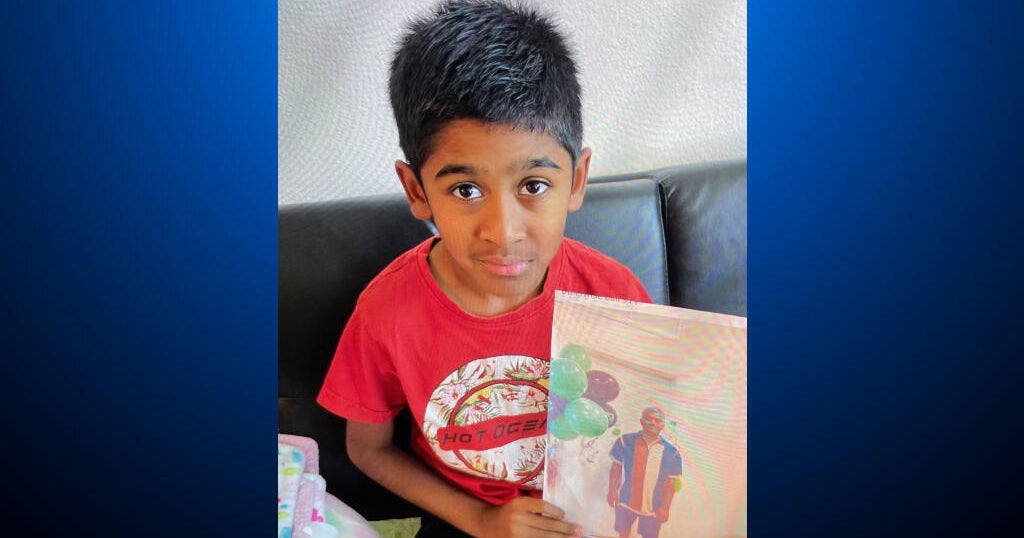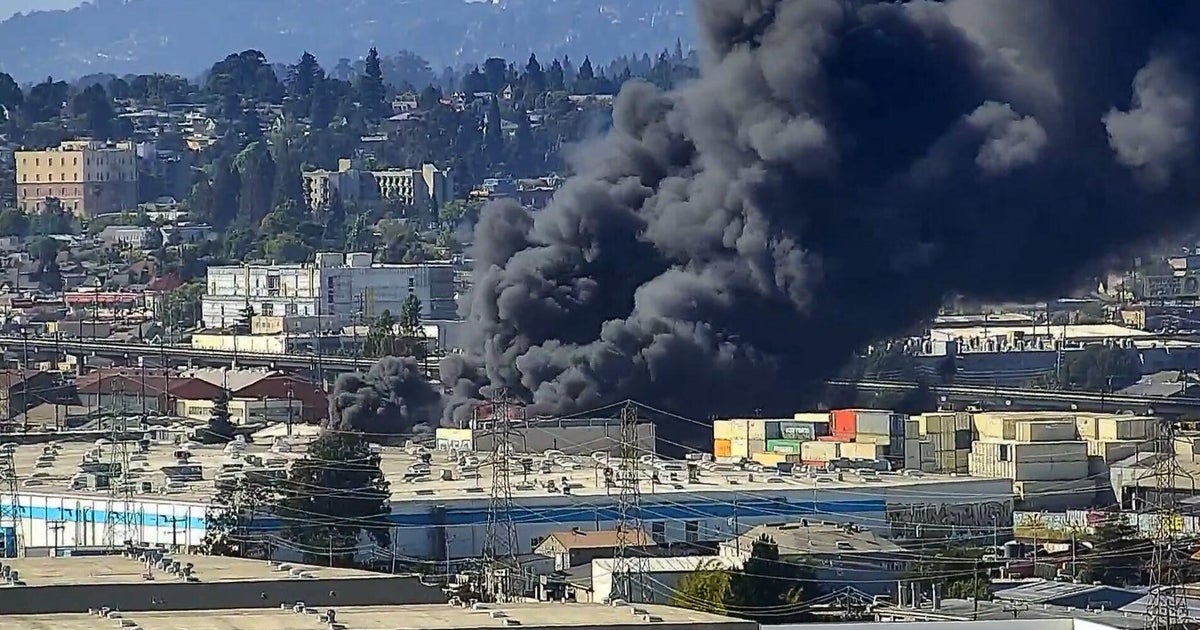Hundreds in Caravan at Border in Tijuana Seek Asylum in U.S.
TIJUANA, Mexico (AP) — One of the organizers for a group of Central American migrants who traveled in a caravan to try to seek asylum in the U.S. says about 50 of them attempted to present themselves to U.S. border inspectors at a crossing near San Diego.
The attempt came despite an announcement earlier Sunday by U.S. officials that the San Ysidro port of entry had reached capacity.
The group is part of a wave of 200 that announced their intentions to seek asylum. They appeared to be prepared to wait overnight for word on when the facility would be able to accommodate them.
Irineo Mujica, one of the organizers for Pueblos Sin Fronteras which is assisting the asylum seekers, accompanied them to the inspectors. It was not clear how long it might take for the initial group to be seen by U.S. border officials.
Another 50 others camped outside a gate on the Mexican side of the border crossing. They had backpacks and blankets and were hoping to get their turn Monday to approach the U.S. facility.
President Donald Trump and members of his Cabinet have been tracking the caravan, calling it a threat to the U.S. since it started March 25 in the Mexican city of Tapachula, near the Guatemala border. They have promised a stern, swift response.
Attorney General Jeff Sessions called the caravan "a deliberate attempt to undermine our laws and overwhelm our system," pledging to send more immigration judges to the border to resolve cases if needed.
Homeland Security Secretary Kirstjen Nielsen said asylum claims will be resolved "efficiently and expeditiously" but said the asylum-seekers should seek it in the first safe country they reach, including Mexico.
Any asylum seekers making false claims to U.S. authorities could be prosecuted as could anyone who assists or coaches immigrants on making false claims, Nielsen said. Administration officials and their allies claim asylum fraud is growing and that many who seek it are coached on how to do so.
Kenia Elizabeth Avila, 35, appeared shaken after the volunteer attorneys told her Friday that temperatures may be cold in temporary holding cells and that she could be separated from her three children, ages 10, 9 and 4.
But she in said an interview that returning to her native El Salvador would be worse. She fled for reasons she declined to discuss.
"If they're going to separate us for a few days, that's better than getting myself killed in my country," she said.
The San Ysidro crossing, which admits about 75,000 people a day into the country, may be unable to take asylum-seekers if it faces too many at once, forcing people to wait in Mexico until it has more room, according to Pete Flores, U.S. Customs and Border Protection's San Diego field office director. Flores said earlier this month that the port can hold about 300 people temporarily.
The Border Patrol said "several groups" of people in the caravan have entered the country illegally since Friday by climbing a dilapidated metal fence. It didn't say how many people.
Since Congress failed to agree on a broad immigration package in February, administration officials have made it a legislative priority to end what they call "legal loopholes" and "catch-and-release" policies that allow asylum-seekers to be released from custody while their claims wind through the courts in cases that can last for year.
The lawyers who went to Tijuana denied coaching any of the roughly 400 people in the caravan who recently arrived in Tijuana, camping out in shelters near some of the city's seedier bars and bordellos.
Some migrants received one-on-one counseling to assess the merits of their cases and groups of the migrants with their children playing nearby were told how asylum works in the U.S.
Asylum-seekers are typically held up to three days at the border and turned over to U.S. Immigration and Customs Enforcement. If they pass an asylum officer's initial screening, they may be detained or released with ankle monitors.
Nearly 80 percent of asylum-seekers passed the initial screening from October through December, the latest numbers available, but few are likely to eventually win asylum.
Mexicans fared worst among the 10 countries that sent the largest numbers of U.S. asylum seekers from 2012 to 2017, with a denial rate of 88 percent, according to asylum outcome records tracked by Syracuse University's Transactional Records Action Clearinghouse. El Salvadorans were close behind with a 79 percent denial rate, followed by Hondurans at 78 percent and Guatemalans at 75 percent.
Evelyn Wiese, a San Francisco immigration attorney, said she tried to make migrants more comfortable sharing memories of the dangers they faced in their homelands.
"It's really scary to tell these experiences to a stranger," Wiese said after counseling a visibly shaken Guatemalan woman at an art gallery in a building that used to house a drug smuggling tunnel into San Diego. "The next time she tells her story will be easier."
Nefi Hernandez, who planned to seek asylum with his wife and infant daughter was born on the journey through Mexico, worried he could be kept in custody away from his daughter. But his spirits lifted when he learned he might be released with an ankle bracelet.
Hernandez, 24, said a gang in his hometown of San Pedro Sula, Honduras, threatened to kill him and his family if he did not sell drugs.
Jose Cazares, 31, said he faced death threats in the northern Honduran city of Yoro because a gang member suspected of killing the mother of his children learned one of Cazares' sons reported the crime to police.
"One can always make up for lost time with a child, but if they kill him, you can't," he said outside his dome-shaped tent in a migrant shelter near the imposing U.S. border barriers separating San Diego from Tijuana.
© Copyright 2018 Associated Press. All Rights Reserved. This material may not be published, broadcast, rewritten or redistributed



